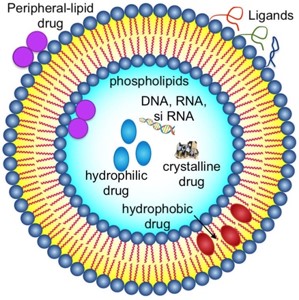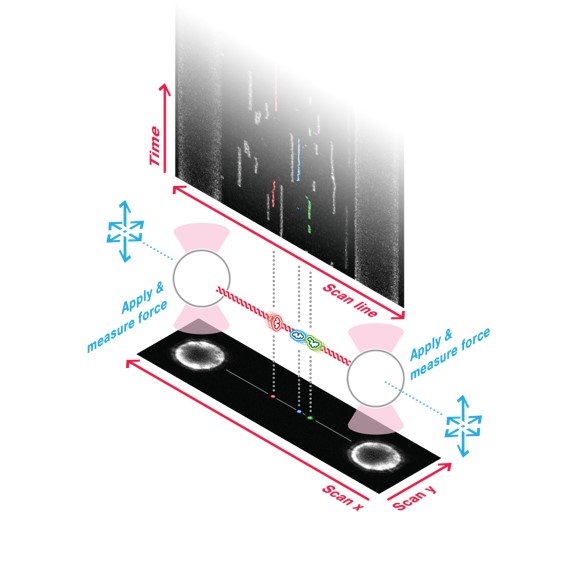The Bioengineering Graduate Program at UC Merced has its emphasis on biomolecular and cellular science and engineering and offers research opportunities, high level training and graduate courses in the following interrelated foci:
MOLECULAR AND CELL BIOPHYSICS focuses on the structural, quantitative and functional characterization of biomolecules, including proteins, nucleic acids, and lipids, and their complex interactions, in vitro and in their cellular, tissular and/or organismal context with the final goal of elucidating the fundamental mechanisms of life.
SYNTHETIC MOLECULAR AND CELL BIOLOGY focuses on the design and engineering of custom biomolecules, assemblies, cellular structures, and biological devices with applications in biomedical research, drug design, healthcare, sustainable energy production, and bioremediation.
BIOLOGICAL IMAGING AND SPECTROSCOPY utilizes or develops advanced technologies to obtain, analyze and display images and/or structural and mechanistic information of biological systems at the molecular, cellular, tissue, and organismal levels.
BIOLOGICAL MODELING AND SIMULATION involves the development and application of mathematical models, computational methods and simulations to describe complex biological phenomena with the goals of understanding the dynamics of biological systems and harnessing the capability of designing them.
Individual faculty and research groups work on the following areas: Protein biophysics, engineering and design: folding, binding, function and biosensing; Biomolecular mechanisms of inflammation and programmed cell death; Colloidal, polymeric, and biologically active interfaces for synthetic biology; Polymer physics and engineering of cellular and environmental systems; Mechanobiology and motility of organelles, cells and multi-cell aggregates; Calcium in cardiac cellular signaling and techniques to study cardiac cells in vivo; Mechanical and genetic aspects of cardiovascular diseases, vascular development, remodeling and angiogenesis; Biomedical imaging methods for cancer and drug delivery; Novel techniques for in vivo imaging of tissue regeneration, transplantation and cancer.



